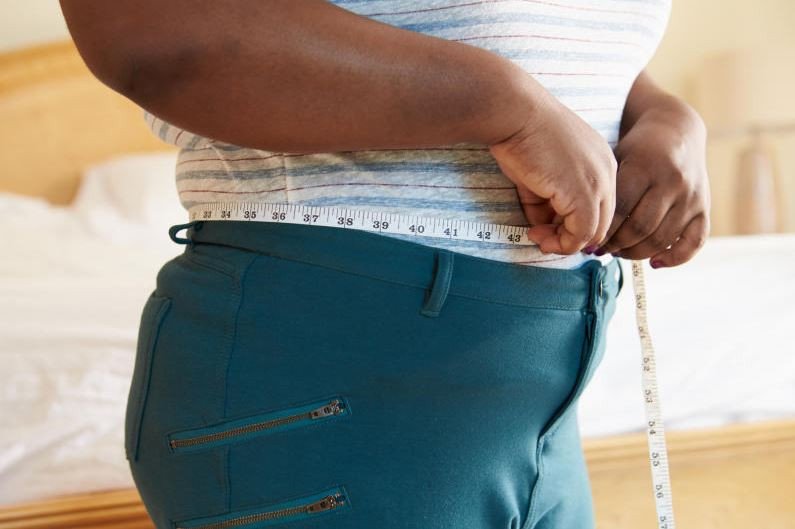“Weh, umekuwa mnono.” The words may seem harmless to some, even humorous in a social setting. But to those on the receiving end, such casual remarks about weight can leave invisible yet long-lasting emotional scars.
For many young Kenyans, especially women, weight-related jokes and comments have become a silent form of emotional abuse. A single comment can spark years of self-doubt, low self-esteem, and shame. What begins as a teasing remark from a friend or family member can quickly spiral into a personal crisis. Victims often internalize the criticism, believing their bodies are inherently flawed or unacceptable.
One young woman recounted how her aunt once asked if she was pregnant due to her body size. Although she laughed at the moment, the sting lingered for days. Over time, she began wearing oversized clothes to avoid attention, skipped social gatherings, and even avoided eating in public. These behavioral changes are common in those affected by body shaming. Many alter their lifestyle drastically, not to improve their health, but to escape judgment.
Fat shaming doesn’t just happen in social circles. It exists in classrooms, workplaces, homes, and online spaces. The shame is often compounded by unsolicited advice from relatives on diets or herbal remedies, sending the message that one’s worth is tied to size. Teachers and peers also contribute, sometimes under the guise of humor, deepening emotional wounds.
Psychologists warn that such repeated ridicule can lead to serious mental health conditions, including anxiety, depression, disordered eating, and even self-harm. The stigma also drives individuals into dangerous coping strategies like starvation diets, unsafe weight loss pills, or premature cosmetic surgeries.
What makes the situation worse is how early these messages take root. Children as young as four start absorbing negative ideas about their bodies, often influenced by adults or media portrayals of beauty. This early trauma can shape their self-perception well into adulthood.
Creating safe and supportive environments at home, in schools, and across society is critical. Encouraging positive self-image, promoting respectful language, and involving mental health professionals when needed can make a significant difference. Everyone deserves to feel seen, heard, and valued regardless of body size. Until body shaming is taken seriously, many will continue to suffer in silence, hiding emotional pain beneath forced laughter and oversized clothing.

